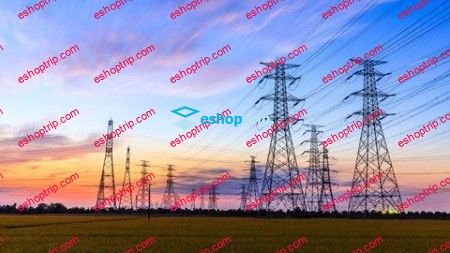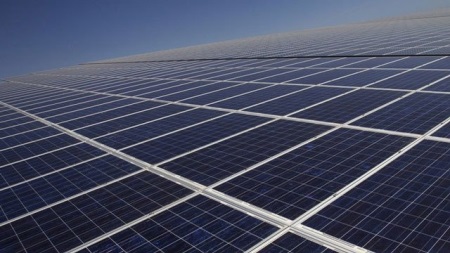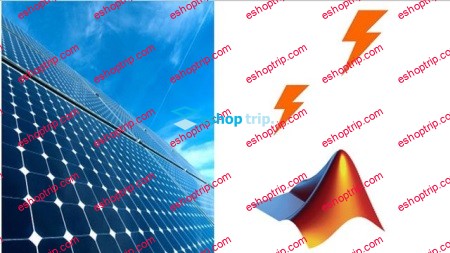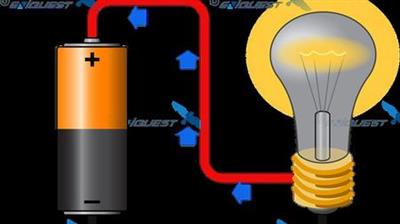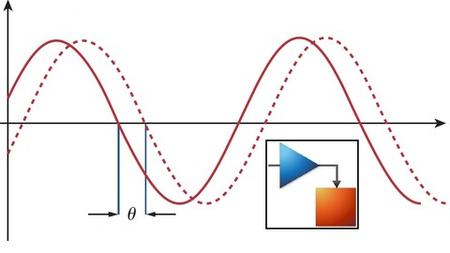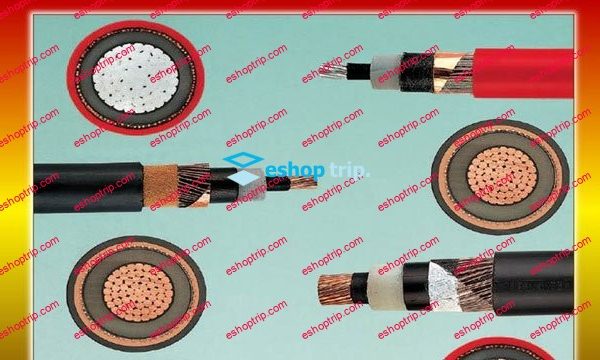Published 5/2024
Created by OSS Academy
MP4 | Video: h264, 1280×720 | Audio: AAC, 44.1 KHz, 2 Ch
Genre: eLearning | Language: English | Duration: 58 Lectures ( 3h 22m ) | Size: 1.74 GB
OSS Academy Guide to your sustainable learnings
What you’ll learn:
Unit No. 01: Electrical System
Unit No. 02: Electric Motors
Unit No. 3: Compressed Air System
Unit No. 04: HVAC And Refrigeration System
Unit No. 05: Fans And Blowers
Unit No. 06: Pumps And Pumping System
Unit No. 07: Cooling Tower
Unit No. 08: Lighting System
Unit No. 09: Diesel/Natural Gas Power Generating System
Unit No. 10: Energy Conservation in Buildings and ECBC
Introduction to Electric Power Supply Systems
Components of tariff structure
Purchased Electrical Energy Trend
Step By Step Approach for Maximum Demand Control
Power Factor Improvement and Benefits
Example on Power Factor Improvement
Types of Transformers
Transformer loss vs %Load
Total Transformer Loss
distribution loss optimization
Harmonics
Electric Motors
Motor Types
Motor Characteristics
Motor Selection
Energy efficiency improvements in EEMs
Factors Affecting Energy Efficiency & Minimizing Motor Losses in Operation
Motor Speed Control Systems
Example on Electric Motors
Compressed Air System
Compressor Types
Positive Displacement Compressors
Centrifugal Compressor
Compressor Performance
Compressed Air System Components
Efficient Operation of Compressed Air Systems
Compressor modulation by Optimum Pressure Settings
Example on Compressors
HVAC And Refrigeration System
Types of Refrigeration System
Vapour Compression Refrigeration
Absorption Refrigeration
Performance Assessment of Refrigeration Plants
Energy Saving Opportunities in HVAC
Example on HVAC System
Fans And Blowers
Fan Types
Types of Radial Fans
Types of Centrifugal Fans
Types of Fans, Characteristics, and Typical Applications
Fan Law
Fan Performance and Efficiency
Flow Control Strategies
Air flow measurement
Measurements and Calculations in Fans and Blowers
Example on Fans and Blowers
Pumps And Pumping System
Hydraulic power, pump shaft power and electrical input power
Symptoms that Indicate Potential Opportunity for Energy Savings
Effect of speed variation on Flow of Pumps
Effects of impeller diameter change on Flow of Pumps
Energy Conservation Opportunities in Pumping Systems
Example on Pumps
Cooling Tower
Cooling Water System
Cooling Tower Types
Cooling Tower Performance
L/G Ratio Calculation
Efficient System Operation in Cooling tower
Energy Saving Opportunities in Cooling Towers
Example on Cooling Towers
Lighting System
Basic Terms in Lighting System and Features
Lamp Types and their Features
Some Good Practices in Lighting
Diesel/Natural Gas Power Generating System
DG Set System
Selection and Installation Factors of Diesel Generators
Operational Factors of Diesel Generators
Energy Performance Assessment of DG Sets
Energy Saving Measures for DG Sets
Example on Diesel Generators
Energy Conservation in Buildings and ECBC
Energy Efficient Technologies In Electrical Systems
Automatic Power Factor Controllers
Energy Efficient Motors
Soft Starters
Variable Speed Drives
Energy Efficient Transformers
Energy Efficient Lighting Controls
Example on Energy Conservation in Buildings
Requirements:
No prior experience is needed. You will learn everything about BEE Paper 3: Energy Efficiency in Electrical Utilities in this course.
Description:
In this course you will learn the following topics in details:Unit No. 01: Electrical SystemUnit No. 02: Electric MotorsUnit No. 3: Compressed Air SystemUnit No. 04: HVAC And Refrigeration SystemUnit No. 05: Fans And BlowersUnit No. 06: Pumps And Pumping SystemUnit No. 07: Cooling TowerUnit No. 08: Lighting SystemUnit No. 09: Diesel/Natural Gas Power Generating SystemUnit No. 10: Energy Conservation in Buildings and ECBCIntroduction to Electric Power Supply SystemsComponents of tariff structurePurchased Electrical Energy TrendStep By Step Approach for Maximum Demand ControlPower Factor Improvement and BenefitsExample on Power Factor ImprovementTypes of TransformersTransformer loss vs %LoadTotal Transformer LossDistribution loss optimizationHarmonicsElectric MotorsMotor TypesMotor CharacteristicsMotor SelectionEnergy efficiency improvements in EEMsFactors Affecting Energy Efficiency & Minimizing Motor Losses in OperationMotor Speed Control SystemsExample on Electric MotorsCompressed Air SystemCompressor TypesPositive Displacement CompressorsCentrifugal CompressorCompressor PerformanceCompressed Air System ComponentsEfficient Operation of Compressed Air SystemsCompressor modulation by Optimum Pressure SettingsExample on CompressorsHVAC And Refrigeration SystemTypes of Refrigeration SystemVapour Compression RefrigerationAbsorption RefrigerationPerformance Assessment of Refrigeration PlantsEnergy Saving Opportunities in HVACExample on HVAC SystemFans And BlowersFan TypesTypes of Radial FansTypes of Centrifugal FansTypes of Fans, Characteristics, and Typical ApplicationsFan LawFan Performance and EfficiencyFlow Control StrategiesAir flow measurementMeasurements and Calculations in Fans and BlowersExample on Fans and BlowersPumps And Pumping SystemHydraulic power, pump shaft power and electrical input powerSymptoms that Indicate Potential Opportunity for Energy SavingsEffect of speed variation on Flow of PumpsEffects of impeller diameter change on Flow of PumpsEnergy Conservation Opportunities in Pumping SystemsExample on PumpsCooling TowerCooling Water SystemCooling Tower TypesCooling Tower PerformanceL/G Ratio CalculationEfficient System Operation in Cooling towerEnergy Saving Opportunities in Cooling TowersExample on Cooling TowersLighting SystemBasic Terms in Lighting System and FeaturesLamp Types and their FeaturesSome Good Practices in LightingDiesel/Natural Gas Power Generating SystemDG Set SystemSelection and Installation Factors of Diesel GeneratorsOperational Factors of Diesel GeneratorsEnergy Performance Assessment of DG SetsEnergy Saving Measures for DG SetsExample on Diesel GeneratorsEnergy Conservation in Buildings and ECBCEnergy Efficient Technologies In Electrical SystemsAutomatic Power Factor ControllersEnergy Efficient MotorsSoft StartersVariable Speed DrivesEnergy Efficient TransformersEnergy Efficient Lighting ControlsExample on Energy Conservation in Buildings
Who this course is for:
Exam aspirants of Bureau of Energy Efficiency Energy Auditor
Exam aspirants of Bureau of Energy Efficiency Energy Manager
Mechanical Engineers
Civil Engineers
ExTC Engineers
Electrical Engineers
Energy Engineers
Energy Consultants
Homepage
https://anonymz.com/?https://www.udemy.com/course/bee-paper-3-energy-efficiency-in-electrical-utilities/




